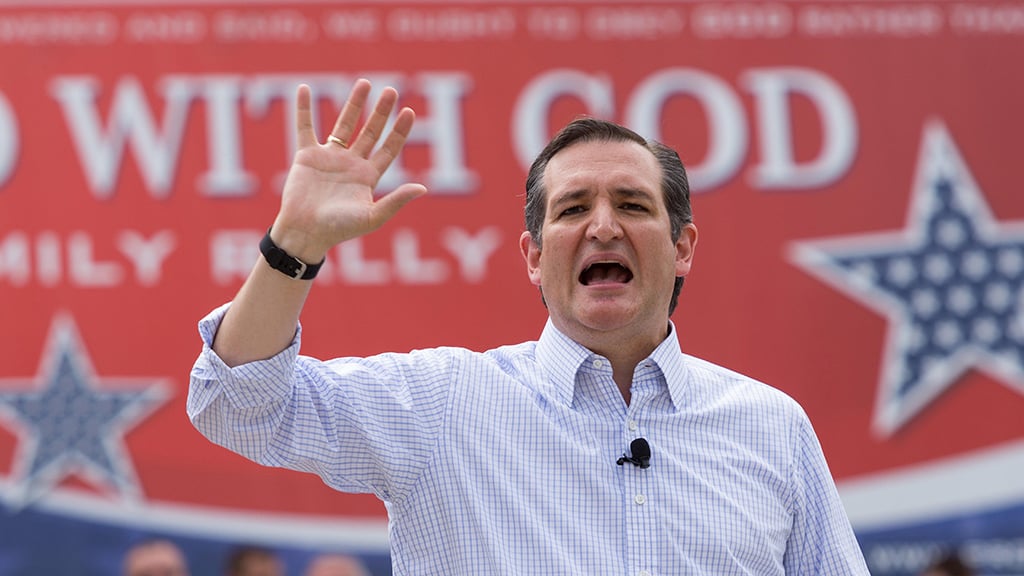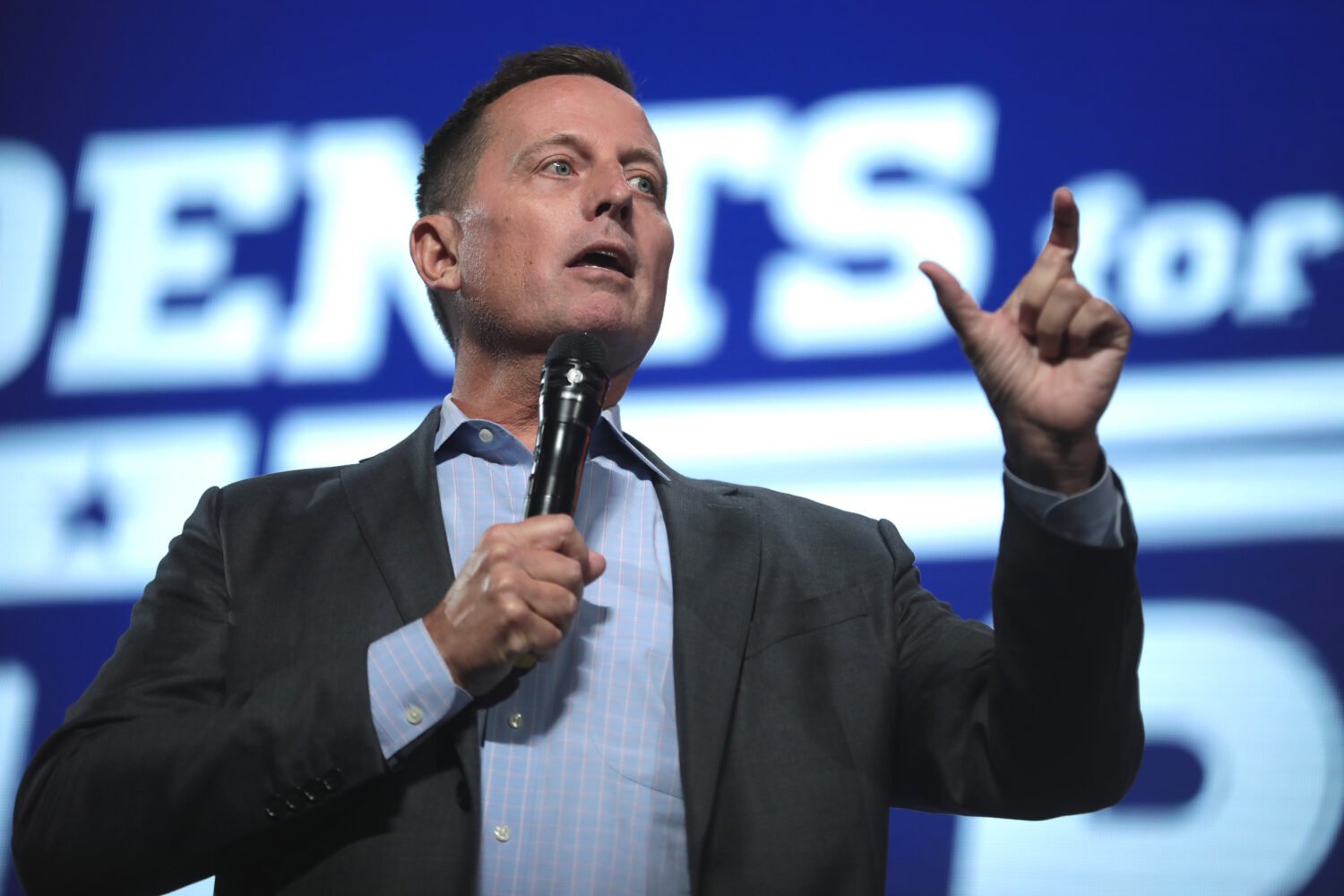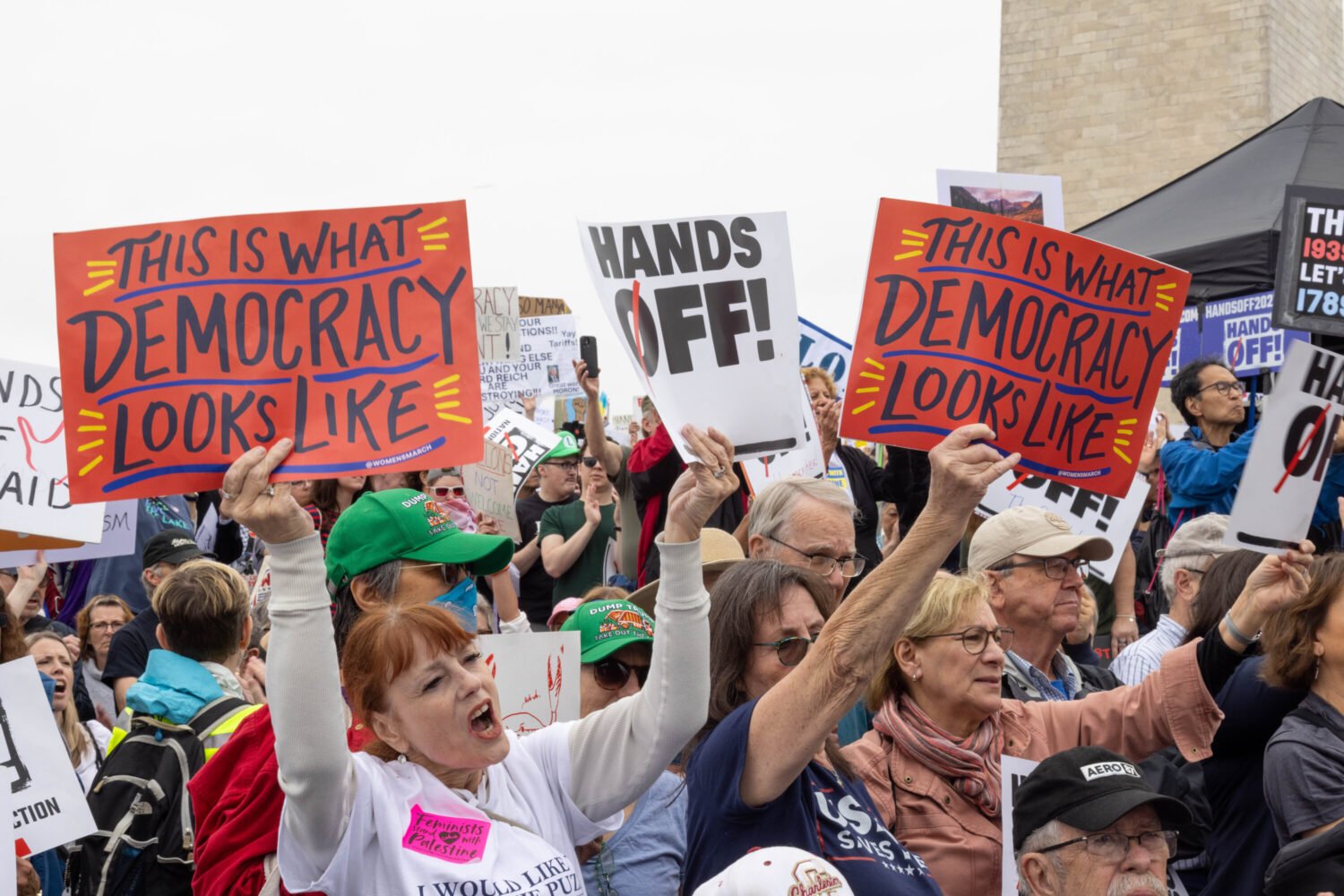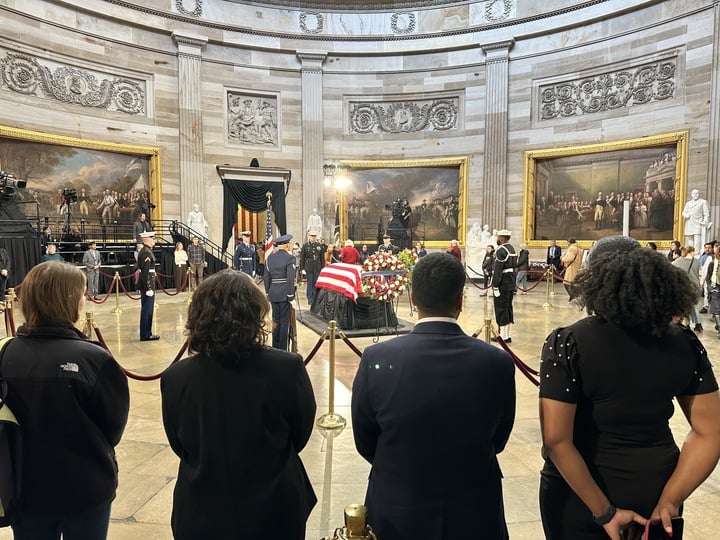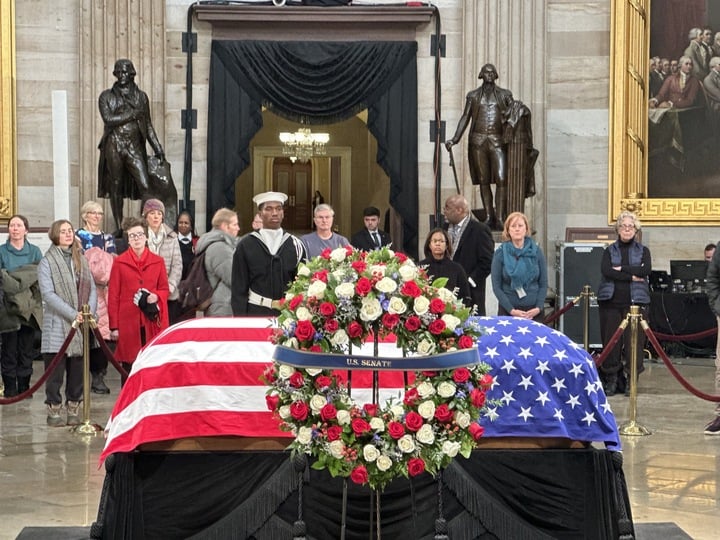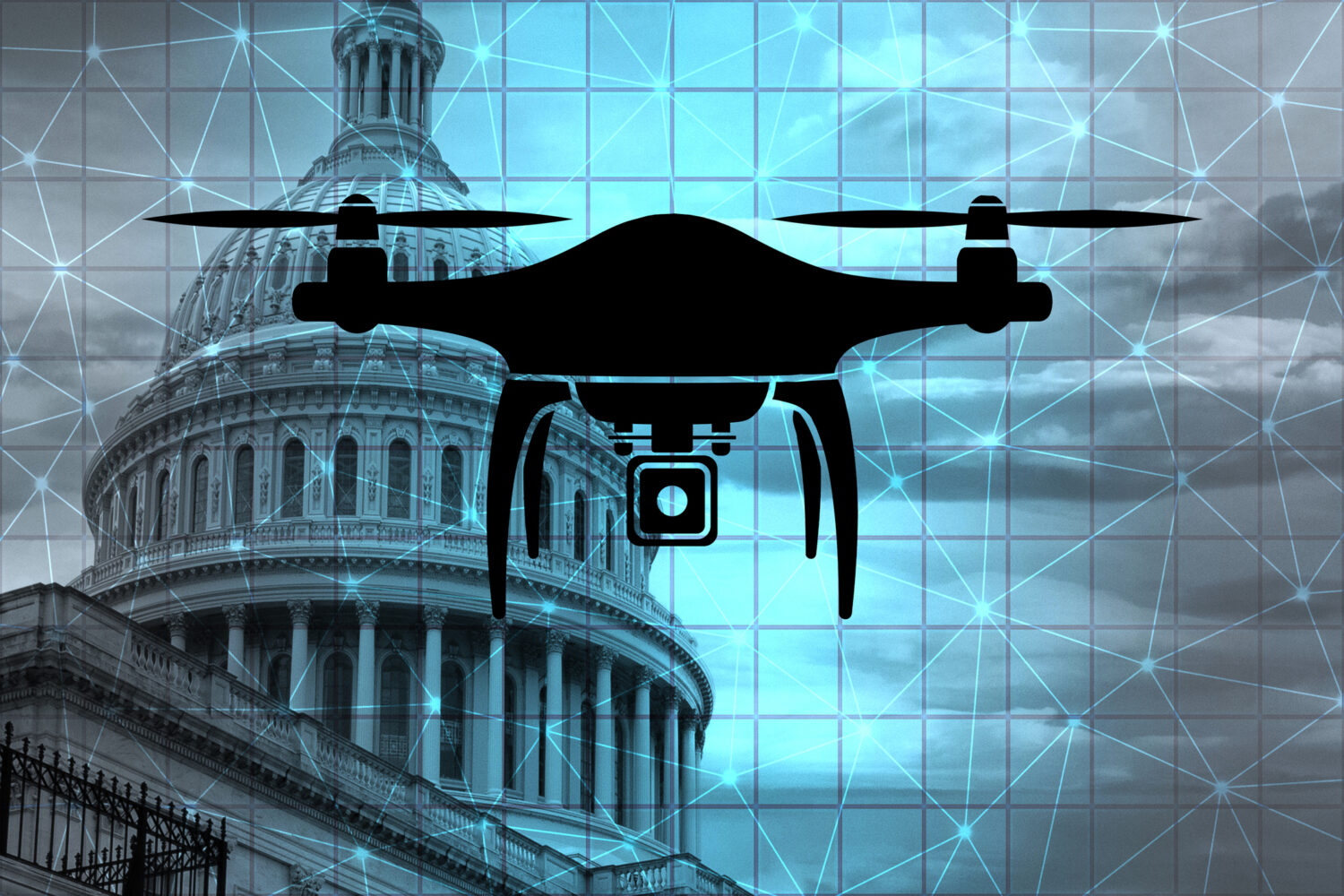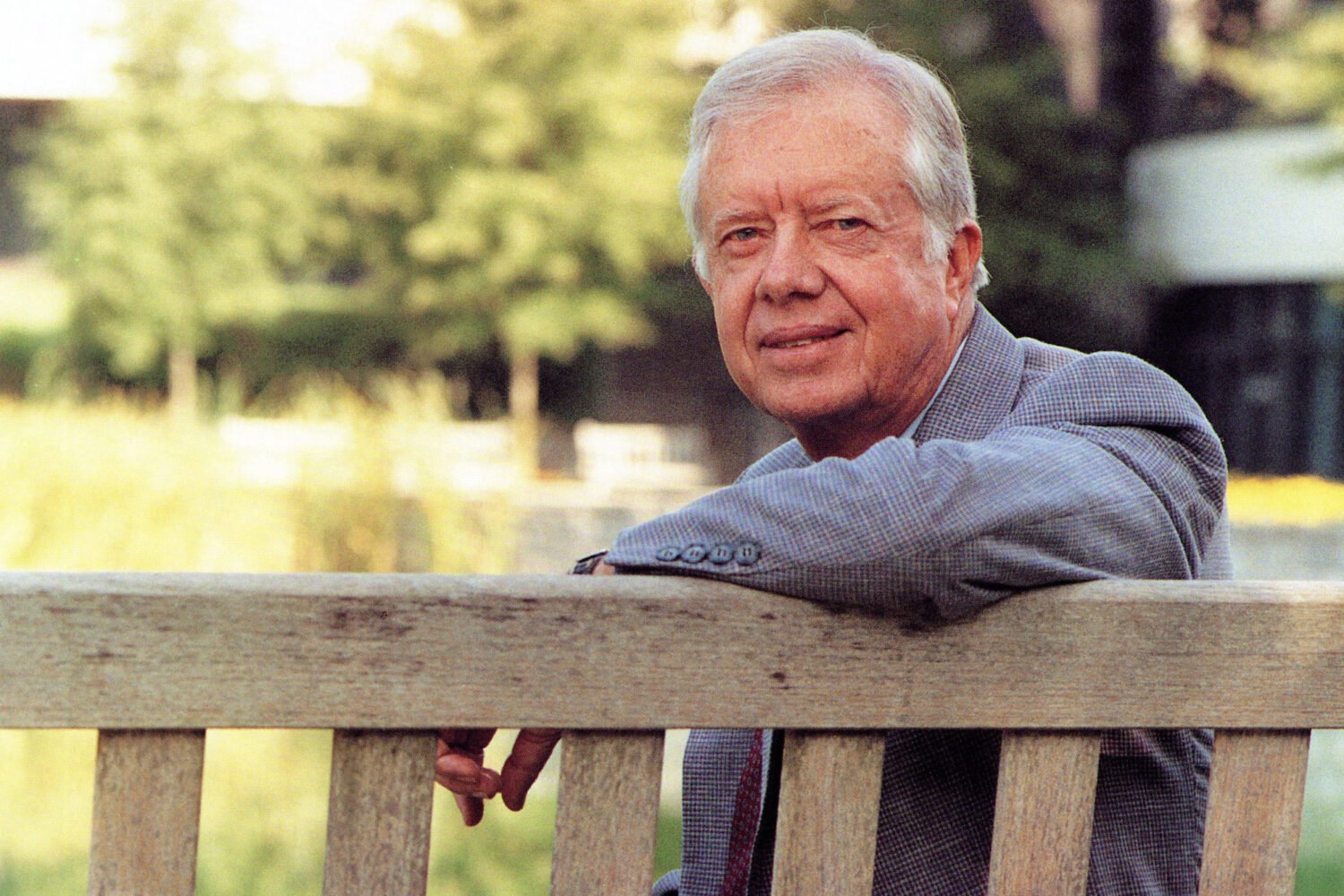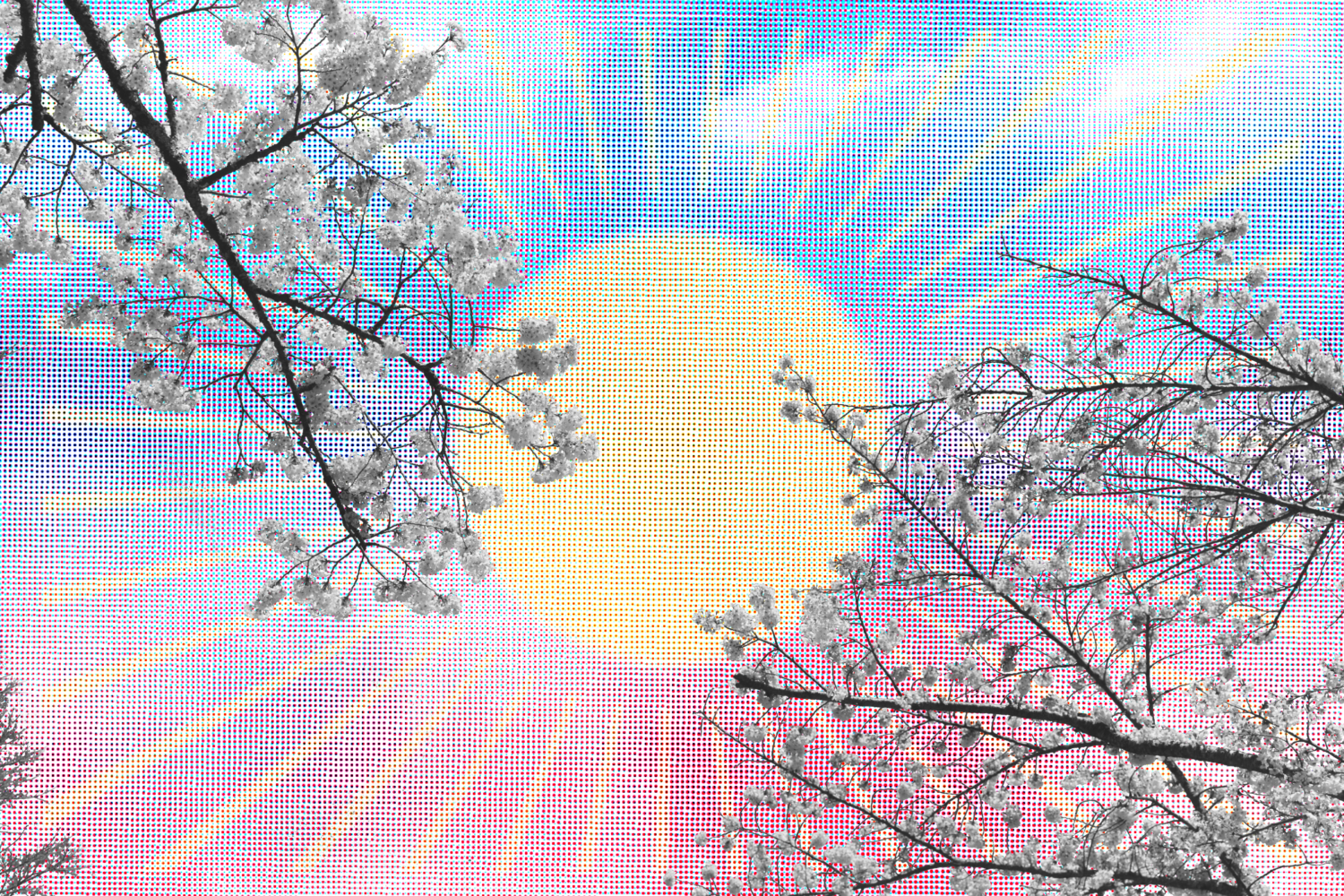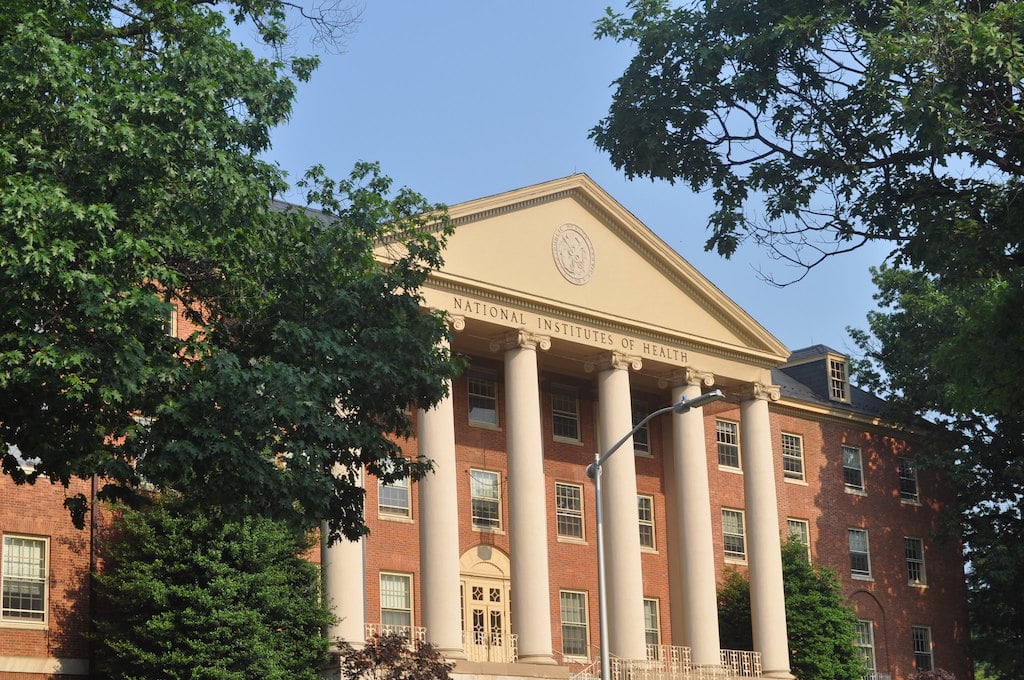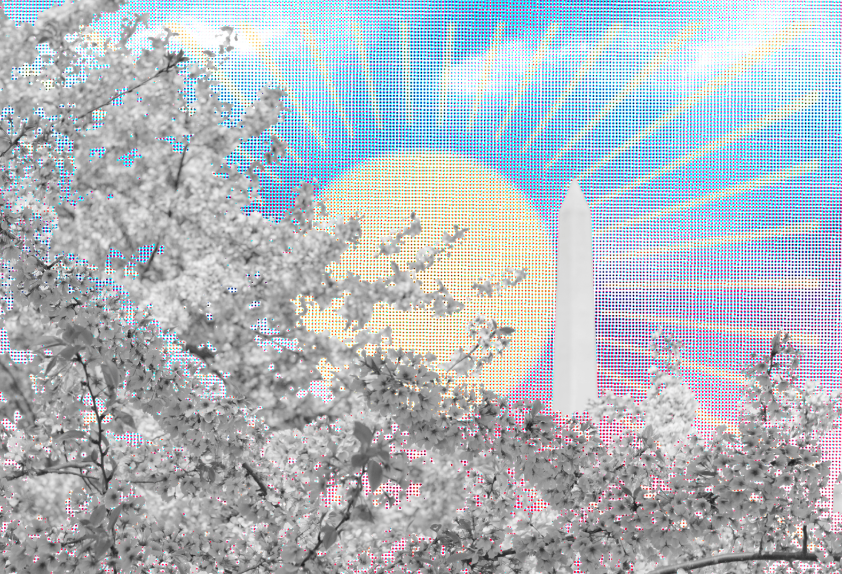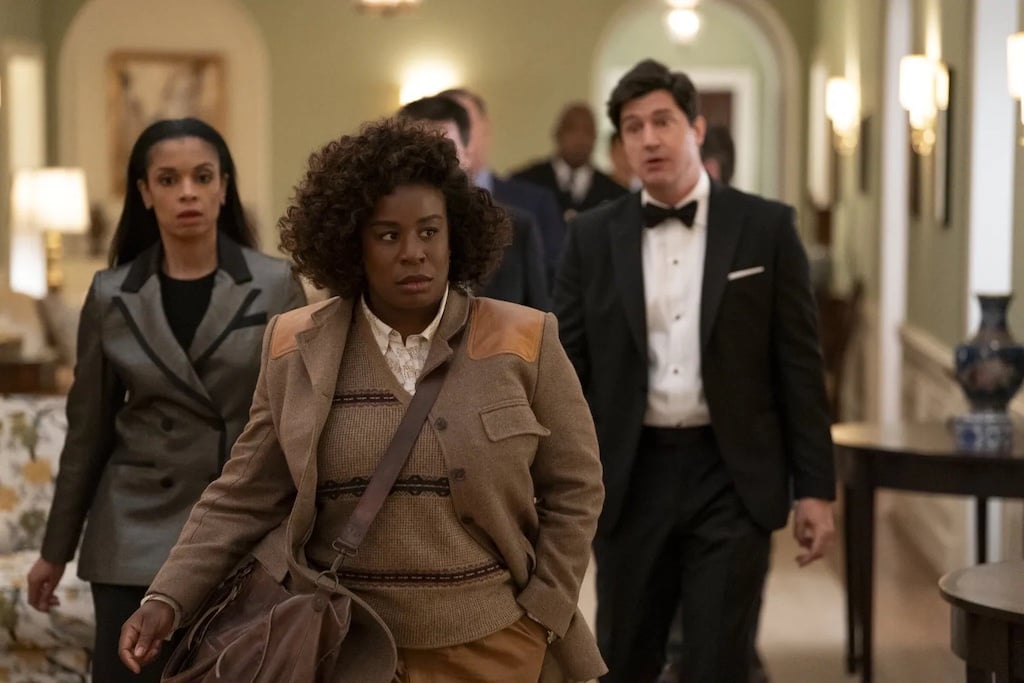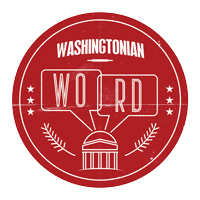 If 2016 is the “year of the political outsider,” it’s also the year “outsider” began to lose all meaning. Senators Ted Cruz and Bernie Sanders are outsiders, I guess, in the sense of not being named Bush or Clinton—except even Jeb Bush claimed Washington was “not part of [his] DNA,” all evidence to the contrary.
If 2016 is the “year of the political outsider,” it’s also the year “outsider” began to lose all meaning. Senators Ted Cruz and Bernie Sanders are outsiders, I guess, in the sense of not being named Bush or Clinton—except even Jeb Bush claimed Washington was “not part of [his] DNA,” all evidence to the contrary.
There’s a long history of politicians like Andrew Jackson using their backwoods charm to contrast with an effete rival. But until the Second World War, “outsider” described a candidate coming from outside the party or union system—and it wasn’t generally a positive term. At the 1848 Democratic convention, one delegate noted, “Mr. [William Lowndes] Yancey pledged his reputation that the gentleman from Louisiana . . . had not intended, in the remotest degree, to apply the term ‘outsider’ to the names of [President James K.] Polk and [Vice President George M.] Dallas.”
The 1940 dark-horse presidential candidate, Wendell Willkie, and later Dwight D. Eisenhower were early harbingers of an outsider shift. But in the 1960s, the word took on a new character. In 1965, New York Times columnist Russell Baker put both Bob Dylan and Barry Goldwater on a list of outsider “elite,” a strange pairing—and yet, as University of Virginia historian Grace Hale writes in A Nation of Outsiders, the attraction to outsiders transcended left and right. William F. Buckley was suddenly as countercultural as the Beats. “Some conservatives saw themselves as completely marginalized by liberalism in the ’60s and ’70s,” Hale tells Washingtonian.
By the time Jimmy Carter ran for President in 1976, his entire campaign was built around his “outsider” status as a Southern evangelical. A Westerner and former Goldwater flack, Ronald Reagan earned the distinction in 1980, as did billionaire/spoiler Ross Perot in 1992, another “year of the outsider.” Over the past few cycles, however, the term has become ever more spacious, applied to Fred Thompson (arguable) as well as George W. Bush (laughable).
As galling as it is to hear these good ol’ boys talk this way, consider that at the same time, our country’s traditional outcasts—Southerners, women, even African-Americans—have become insiders. Outsider status may be up for grabs in this new world, but it’s a better world to live in.
This article appears in our April 2016 issue of Washingtonian.

